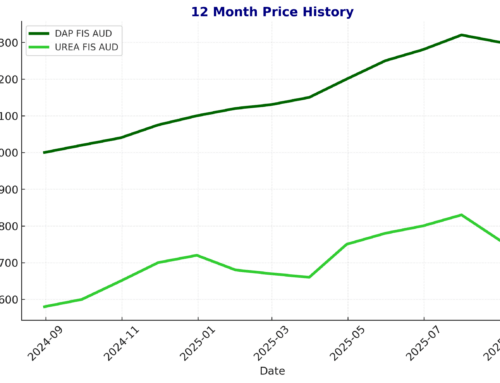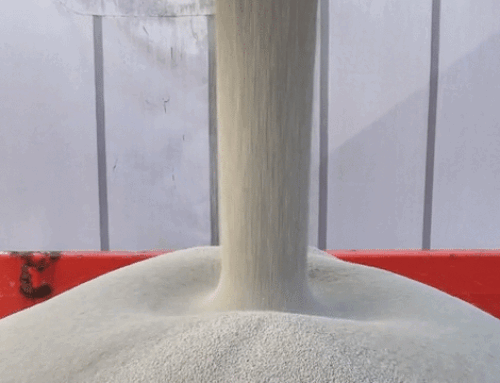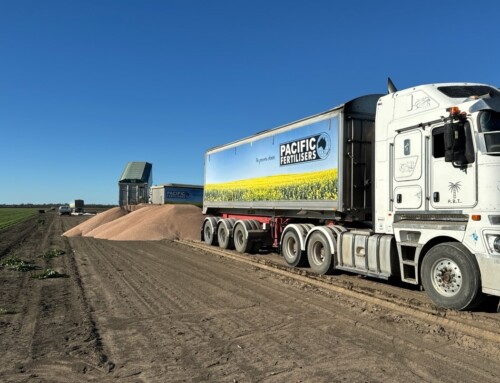BENEFITS OF DIRECT APPLICATION PHOSPHATE ROCK
Organic farming is the fastest growing sector of the global economy. Australia is the largest organic producer globally with 12 million hectares under organic cultivation. Pacific Fertiliser’s organic phosphate fertiliser is environmentally and nutritionally superior to chemical fertilisers and can be used on a wide variety of crops and pastures.
Organic fertilisers based on rock phosphate such as PacFerts’s products offer several advantages over chemically processed soluble fertilisers such as superphosphate.
• Organic fertilisers slowly release nutrients into the soil matching the speed at which the nutrients are being absorbed by the plants.
• Phosphate rock has the ability to restore microelemental and microbial soil balance which in turn leads to less reliance on artificial fertilisers and better crop yields.
• Use of organic phosphate instead of chemically processed phosphate avoids the serious environmental degradation caused by increased concentrations of fertilisers in the ground water, the rivers and the coastal waters. Use of organic phosphate rock reduces the risk of harmful accumulation of nutrients in the soil and reduces soil salinity problems
• Plants grown on organic phosphate rock fertiliser have a better nutritional quality.
• Because of phosphate rock’s unique chemical composition, incorporation of phosphate rock into the soil enhances its biological activity and increases soil carbon (C) accumulation, leading to improved soil fertility and restoration of its physical and chemical properties.
• Organic phosphate rock is a source of several nutrients other than P. Rock phosphates are usually applied to replenish soil P status, but phosphate rock also provides other nutrients not present in soluble fertilisers. Application of organic phosphate has a potential trigger effect on plant growth and crop yields as a result not only of phosphorus release but also because of phosphate rock’s effect on increasing exchangeable calcium (Ca) and reducing aluminium saturation.
• Phosphate rocks for direct application can be more efficient than artificial fertilizers in terms of phosphorus (P) recovery by pants under certain conditions. Based on the unit cost of P, natural phosphate rock is usually the cheapest.
• Phosphate rocks are natural minerals requiring no metallurgical processing. Their direct application avoids production of polluting wastes such as phosphor-gypsum and greenhouse gases, thus resulting in energy conservation and protein environment.
Pacific Fertiliser also produces other organic compliant natural mineral fertilisers and soil conditioners.
Note: Soft Rock Phosphate does not contain soluble phosphate, therefore the phosphate availability is a function of acid soil conditions and/or active soil biology, i.e. soft rock phosphate becomes available rapidly in acidic soils. In alkaline soils, it should be combined with REGYP compost, humates, microbial agents. Application rates are generally in the range of 500kg to 1500kg per hectare (Ha).











